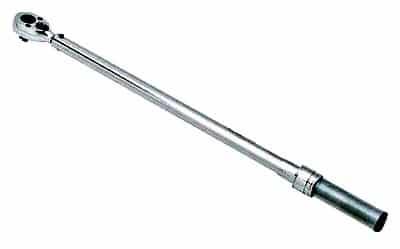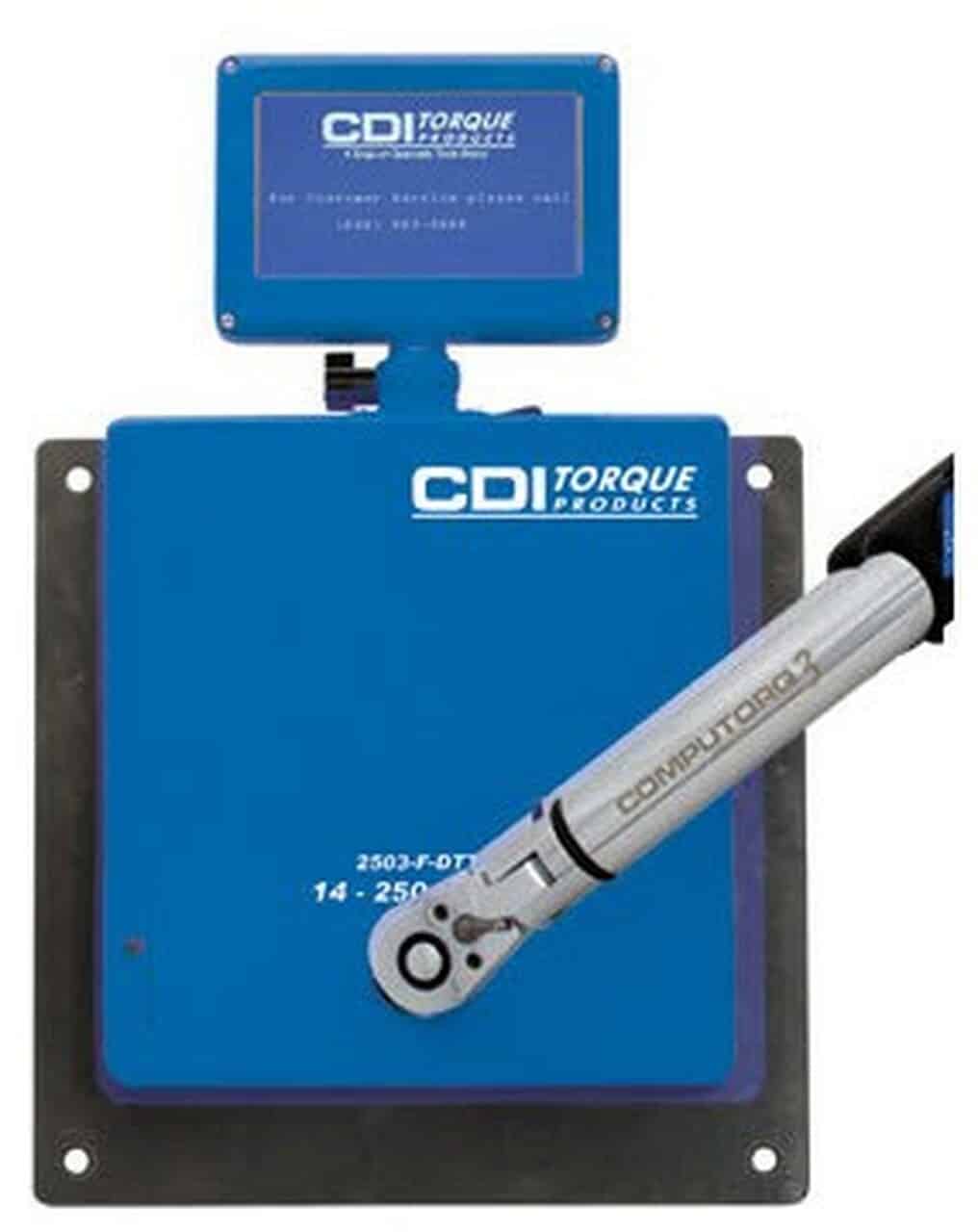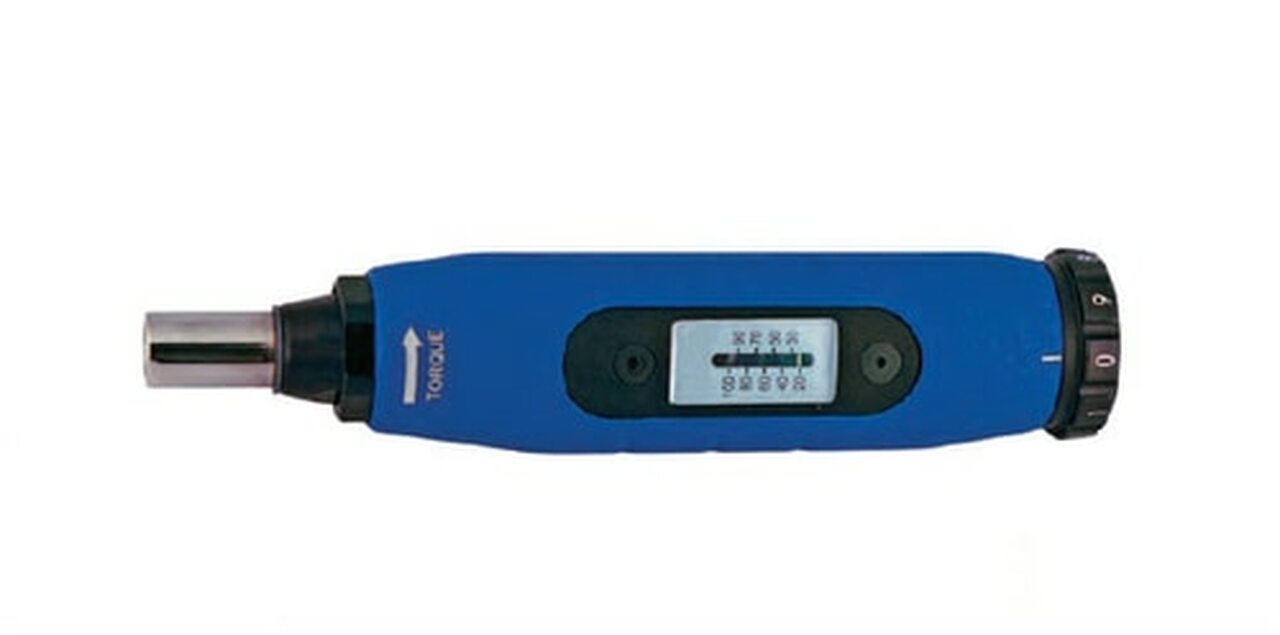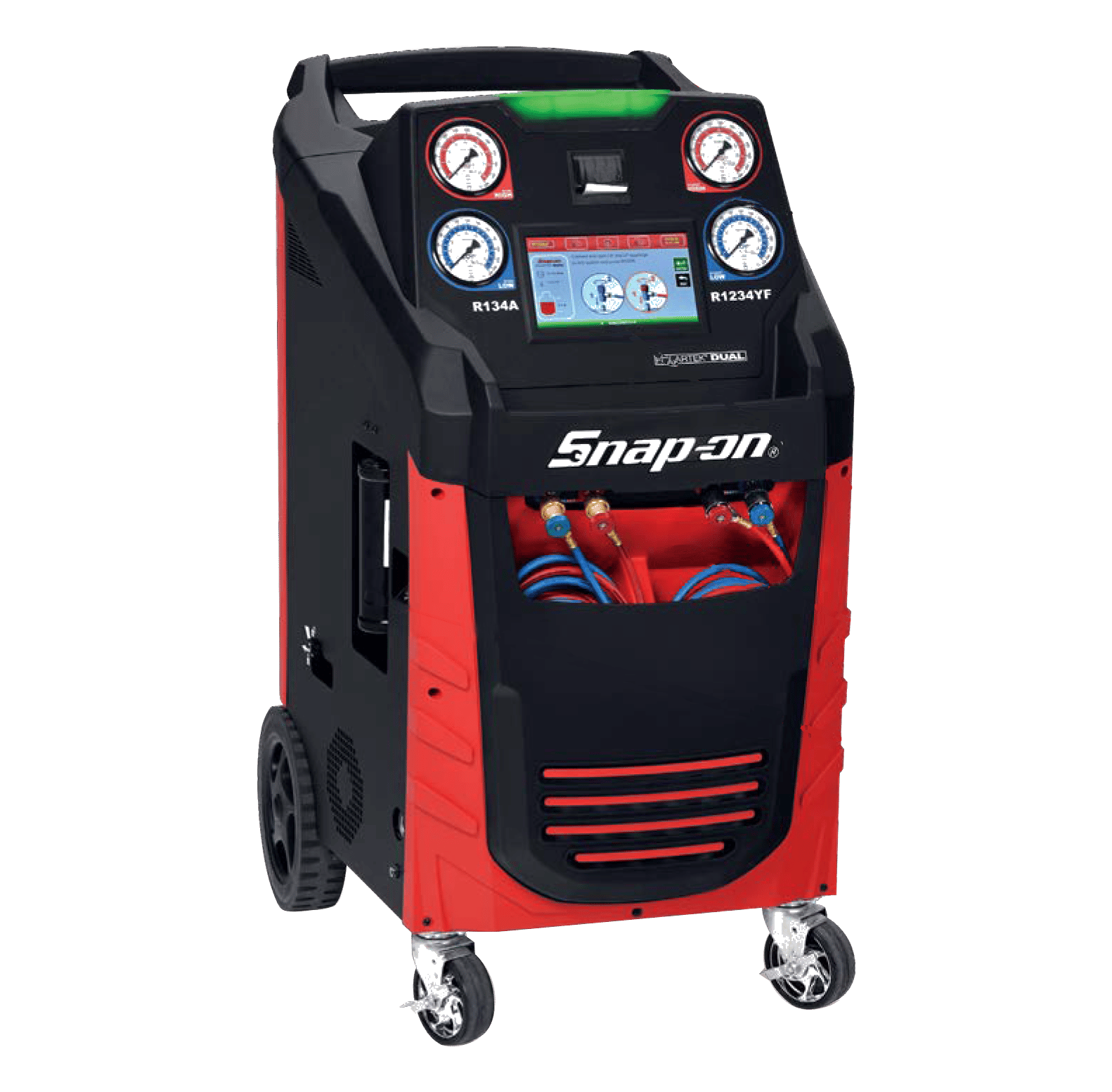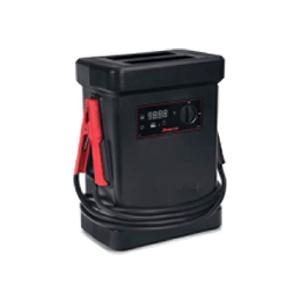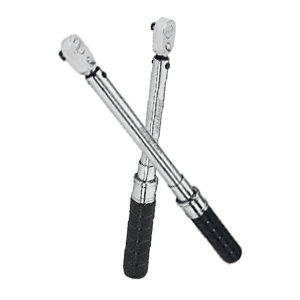Environment, Health and Safety
As one of Snap-on core values, we demonstrate integrity. A key component of this includes our pledge to protect environmental quality and human welfare in our workplace and our surrounding communities. Snap-on is committed to creating quality products, while providing a safe and healthy workplace and acting as an environmentally responsible neighbor. It is our ongoing goal to make health, safety, and the environment a priority when managing existing and developing new products and processes.
We drive our environmental, health, and safety values through our supply chain and those with whom we do business. We undertake focused efforts to integrate our environment, health, and safety standards into any acquisitions.
Environment Policy
Snap-on believes that environmental goals can and should promote our economic health and operational growth. We are committed to safeguarding natural resources and our global environment as part of our daily operations. As such, we pledge to:
- Implement environmentally sound policies designed to prevent, mitigate, and, where appropriate, remedy impacts on the environment and the community
- Manage all operations to meet or exceed applicable environmental regulations
- Continually seek ways to further improve our environmental performance while contributing to our production quality and efficiency
Our company has implemented a number of environmental initiatives to promote continuous improvement:
- The Snap-on Environmental Management System (EMS) serves as the organizing framework that enables us to achieve and sustain our environmental, operational, and business objectives. Our EMS allows for proactive management of regulatory requirements and deadlines and completion of corrective actions. Auditing our performance against the stated goals and principles of our EMS ensures the ongoing value of the system.
- Internal audits are conducted regularly at all Snap-on facilities and subsidiaries to verify that we are meeting national requirements as well as internal standards. Our internal self-assessments and audits go well beyond simple compliance with regulatory requirements, resulting in ever-increasing levels of performance.
- We maintain a Greenhouse Gas Inventory and submit our data annually to the Carbon Disclosure Project as a means to further integrate climate risks and opportunities into our business practices and inform investors of our environmental performance.
- Our facilities conserve energy and natural resources through prudent use and reuse, strive to eliminate or minimize waste and pollution at its source, and properly dispose of or effectively treat any waste that is not recycled.
Health & Safety Policy
Snap-on remains committed to non-negotiable product and workplace safety. As a permanent and priority agenda item at all operational meetings, safety comes first in our company. Our products are engineered for safe operation, we initiate and maintain a safe workplace, and we diligently comply with the company’s safety programs.
We invest in our safety culture and in elevating the importance of worker and product safety throughout all levels of the organization:
- Global safety results are communicated monthly. These communications highlight safety data and best practices, as well as incidents and lessons learned. This information is reinforced at monthly Safety Managers meetings.
- Every quarter, Management conducts a review of operations, including safety and other risk factors. Safety is also included as a topic in Management monthly updates.
- Annually, the Board is presented with a progress report on safety. In addition, Snap-on’s Safety Directors for Europe and Asia tour U.S. plants and review safety programs, policies, procedures, and processes.
Every Snap-on associate is held accountable for ensuring safe behaviors and safe operations. We are proud that through these efforts and a concerted focus on developing a strong safety culture, we continue to see dramatic improvements in Snap-on’s recordable incident rate. Our incident rate was 1.01 in 2021, as compared to 14.40 in 2004.























